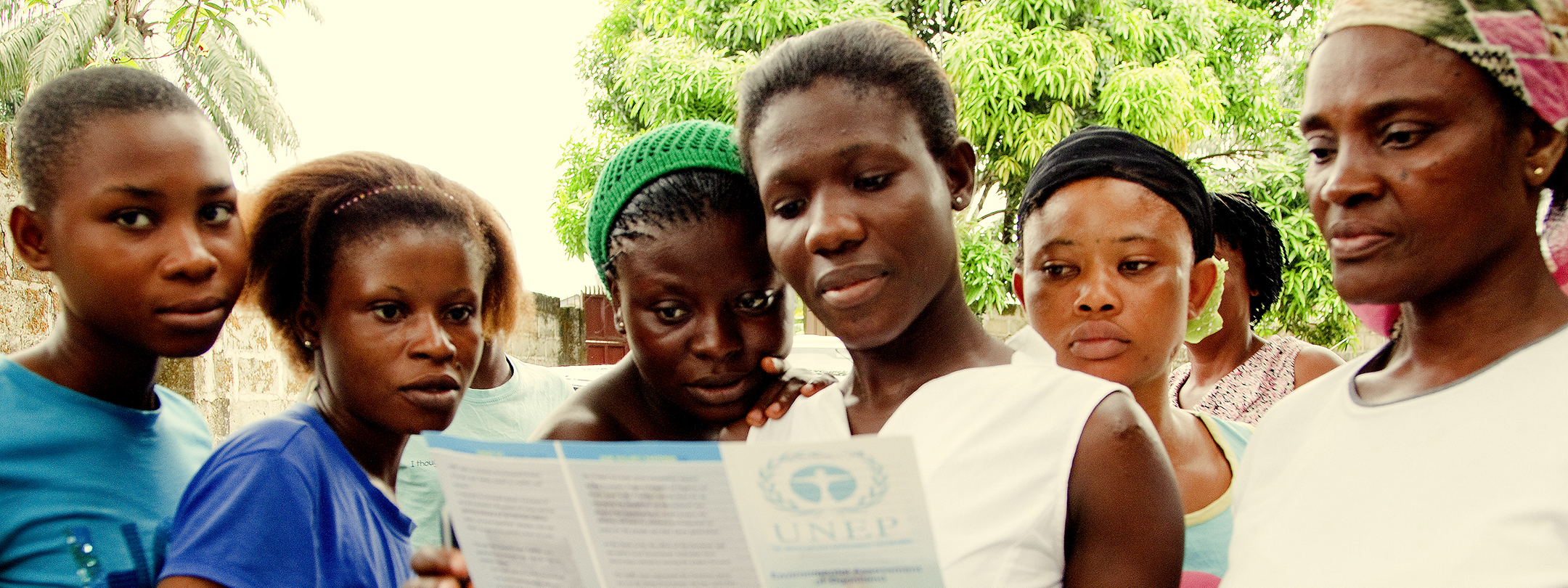Designing Peacebuilding and Conflict Management Training in Nigeria: National Peace Academy Experience
Publisher: Journal of Peacebuilding & Development
Author(s): Bosede Awodola
Date: 2019
Topics: Conflict Prevention, Monitoring and Evaluation, Programming
Countries: Nigeria
Peacebuilding and conflict management capacity building through training has become a trend and is also considered a mechanism to help in rebuilding and stabilising post-conflict societies around the world. Certainly, conflicts exert very high political, economic, and social costs with their attendant impacts on national cohesion, tolerance, and stability. Consequently, they hamper the country’s growth and development as well as polarising citizens along ethnic, religious, and political lines as the case in Nigeria. It has been recognised that capacity building through humanitarian interventions and trainings are frontline actions to prevent reoccurrence of conflict and for sustainable peace. Such actions have also proven to be useful in the rehabilitation and reintegration process of victims and set the pace for reconstruction and development activities. However, it has been observed that most capacity building programmes that involve training in peacebuilding and conflict management are usually designed for targeted audience. This creates a gap in terms of the wider range of audience who could benefit from and make use of the basic knowledge of peacebuilding and conflict management, in order to promote peace and prevent the cycles of violence in their respective communities. Thus, probing into this identified gap is appropriate, as the article sets to direct the attention of capacity building providers and trainers into filling the gap by opening up more avenues for people desiring to acquire basic knowledge and skills in peacebuilding and conflict management. To this end, the brief article presents the experience of the National Peace Academy (NPA) of the Institute for Peace and Conflict Resolution (IPCR) in designing peacebuilding and conflict management trainings, with the view that practitioners expand their scope to cover a wider range of stakeholders. In this regard, the focus is on how NPA conceptualises its training interventions in Nigeria? How does the conceptualisation process informs the design of the training? And how effective are such training on the participants? These are the questions that the article seeks to answer.
